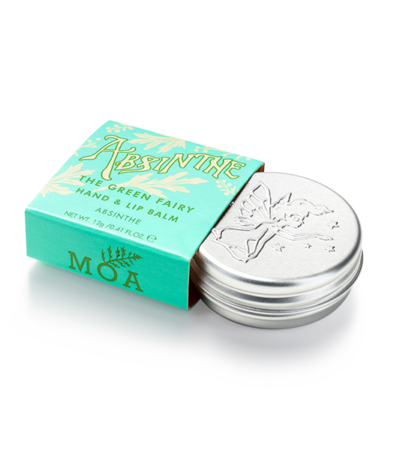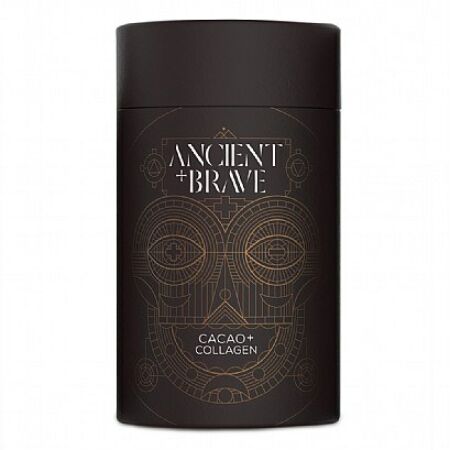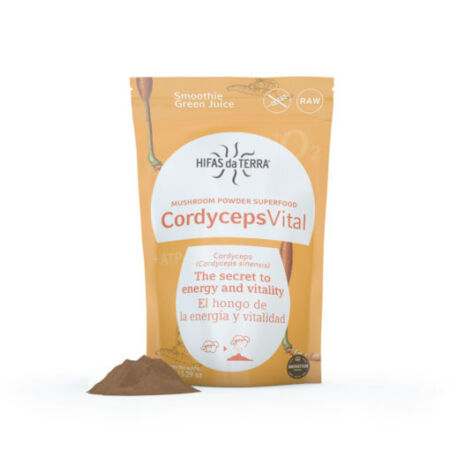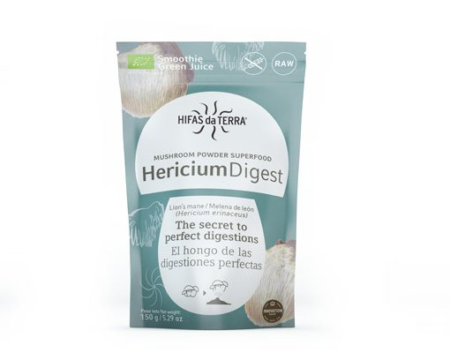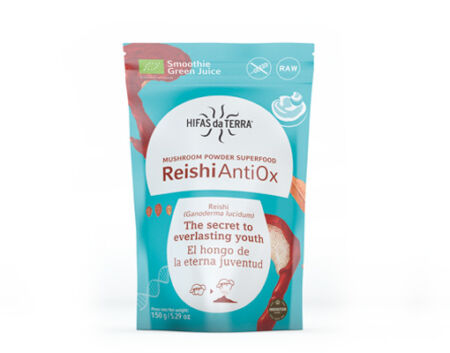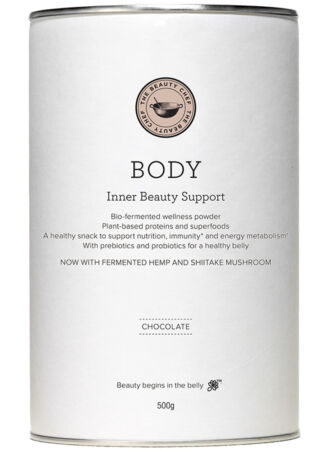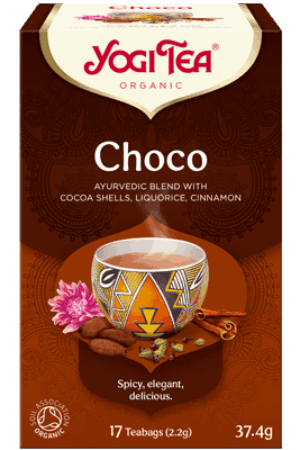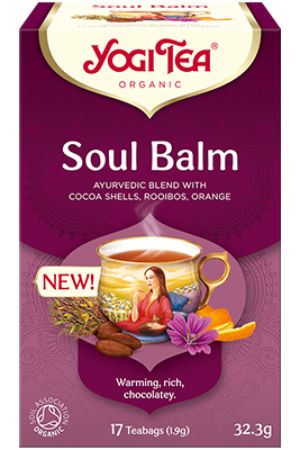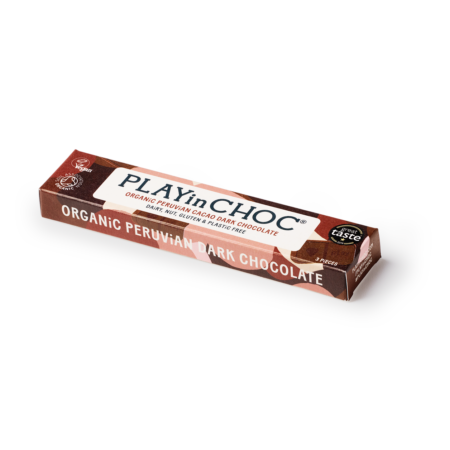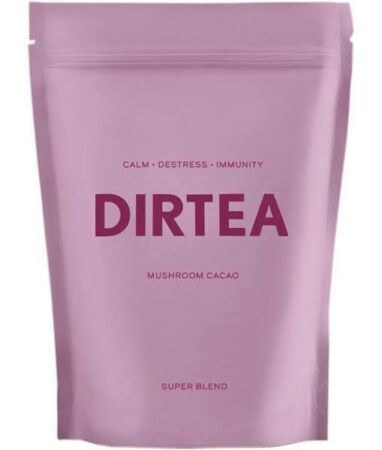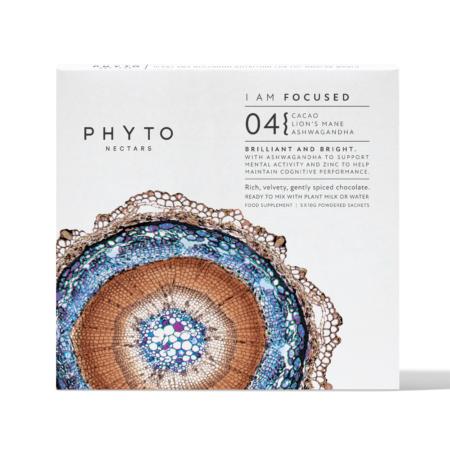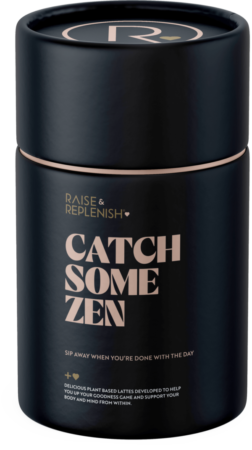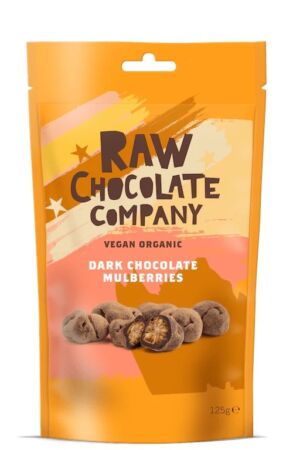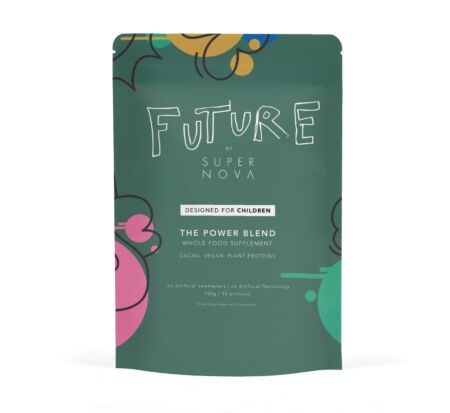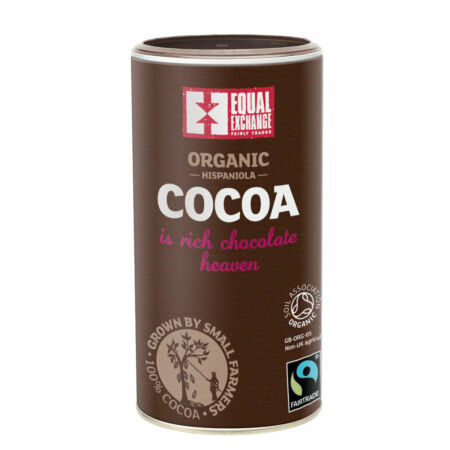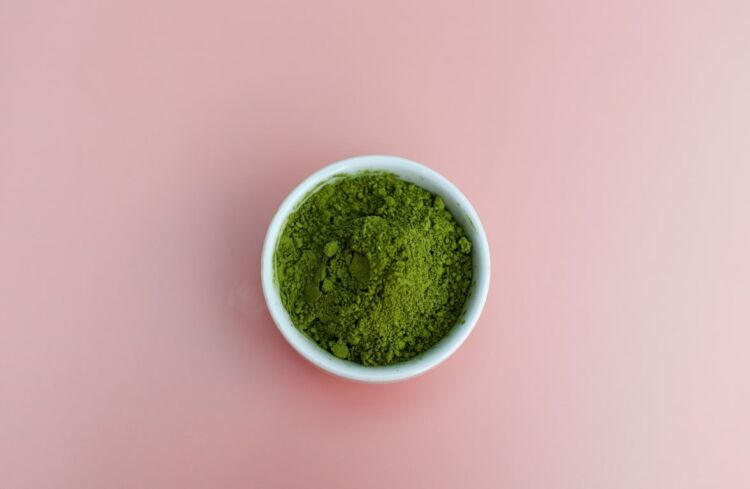What is cocoa?
Cocoa powder is made by crushing cocoa beans to remove the fat known as cocoa butter. Cocoa powder is the most common form of consumption of cocoa as a wholefood and supplementally.
What are the benefits of cocoa?
Historically, the first use of cocoa is thought to be in the ancient Maya civilisation of Central America. It quickly became popular in Europe after Christopher Columbus allegedly discovered cacao beans after intercepting a trade ship on a journey to America and brought the beans back to Spain with him in 1502. It was most popular as a drink before later being used to make chocolate.
Brain focus and blood flow
Cocoa powder promotes micro-vascular blood flow in the brain, which refers to the very small blood vessels carrying oxygen to regions of the brain to fuel its activity. This oxygenation is needed for optimal focus and memory function.
Cocoa powder was recently shown to significantly improve brain cell activity and blood flow to and within the brain. These functions provide a good level of resistance to neuro-degenerative diseases such as dementia and results in more clarified mental capacity. The reaction involving the small blood vessels in the brain is described as neuro-vascular coupling, this term refers to the relationship between local neural activity and subsequent changes in blood flow.
It is observed that neuro-vascular coupling relates to blood flow to the cerebrum part of the brain, which is regulated by chemical signals, such as those influenced by the consumption of cocoa.
60 adults with an average age 73, participated in a double-blind, randomised clinical trial. All subjects had high blood pressure or (well-controlled) type II diabetes. All subjects were measured in terms of their neuro-vascular coupling and cognitive function before and after they were provided cocoa. The control group was given a less potent form of cocoa, with the main active constituents removed from it. After 30 days, it was found that in the group provided the potent cocoa in its natural state, the subject’s’ performances on a mental agility test had significantly improved. Improvement was also seen after just 24 hours of supplementation [i]. Therefore, it was concluded that this study demonstrates how cocoa supplementation can boost brain blood flow in response to specific requirements (defined as neuro-vascular coupling), that directly influences our ability to focus and pay attention.
Similarly, the results of another study suggested that the small amount of naturally occurring caffeine and bio-active components of cocoa, called theobromine, are responsible for cocoa powder’s impact on alertness and mood [ii].
Cardiovascular health protection and lowered blood pressure
The reduction in risk of a heart attack or strokes can be achieved with cocoa [iii]. These protective actions are attributed to cocoa’s ability to prevent oxidative damage to tissues, help to prevent blood clotting, decreased damage to circulating fats in the body and improved insulin response and thus blood sugar control. Note that a well-functioning insulin response means a more controlled blood sugar level and less oxidation damage to tissues. It is this damage which leads to chronic diseases such as cardiovascular health problems. The same oxidation reaction can impair brain health as discussed previously [iv]. Dark chocolate, also being rich in polyphenols in the diet, has also been evaluated for its potential in managing weight and obesity as part of a healthy lifestyle [v].
It was found that cocoa also has the ability to reduce “bad” LDL cholesterol. Its action on blood thinning has also been compared to that of aspirin [vi] [vii].
19–30 grams of chocolate per day were seen to lower the rate of heart failure. However, doses above this amount had no more beneficial effects. These studies were conducted on Swedish middle-aged and elderly women and also a cohort of Swedish men [viii] [ix].
Polyphenol content
Polyphenols are naturally occurring antioxidants found in foods like fruits, vegetables, tea, chocolate and wine. Raw cocoa is especially high in polyphenols [x], which many of its health benefits are attributed to. The numerous benefits include: reduced inflammation, improved blood flow, lower blood pressure and improved cholesterol levels in the body. A study in rats found significant improvements in the antioxidant status of mice fed raw cocoa, preventing the oxidation of fats in circulation, which can lead to chronic diseases such as heart and cardiovascular disease. It is thus suggested that a diet high in polyphenols such as those in cocoa can help to provide protection against chronic disease development [xi].
Flavanol content
The flavanol compounds in cocoa are thought to improve nitric oxide levels in the blood, which can enhance the function of the blood vessels and hence reduce blood pressure [xii] [xiii].
One review looked at35 experiments that provided patients with amounts up to 105 grams of cocoa products, which provided around 1,000 mg of flavanols. It found that cocoa produced a small but significant reduction in blood pressure. However, processing and heating cocoa can cause it to lose its beneficial properties such as the flavanol content, of which prolonged intake via cocoa, has been linked to cardiovascular benefits via lowered blood pressure and antioxidant activity to protect tissues from oxidative damage and the effects of ageing.[xiv] . It’s also often treated with alkaline processes to reduce bitterness, which results in up to 60% decreased flavanol content [xv].
Cognition and mental health
A type of flavanol named epicatechin, found in cocoa, improves various aspects of cognition as seen in studies in both animals and humans [xvi]. Chocolate also induces positive effects on mood and for that reason is often consumed intuitively under emotional stress. The action of flavanols, , potent antioxidant and anti-inflammatory agents have established benefits for cardiovascular health and in turn, brain health. These flavanol compounds interact with reactions to slow the rate of neuronal (nerve cell) death, which may be induced by neurotoxins such as oxygen radicals. This allows nerve cells in the nervous system and brain to thrive and promote synaptic plasticity (growth of nerve cells in the brain) to improve cognition [xvii] [xviii].
It is thought cocoa has positive effects on mood due to its flavanol content. An amino acid called tryptophan is needed to be converted to serotonin, which stabilises mood. Mood lifting effects may also be due to its caffeine content [xix] [xx].
Chocolate may also interact with other neurotransmitters such as dopamine (chocolate contains the dopamine precursor tyrosine) and endorphins (contained in cocoa and chocolate) that contribute to appetite, reward and mood regulation [xxi].
A study found that drinking high-polyphenol cocoa improved calmness and brought on feelings of contentment [xxii].
Furthermore, it was found that cocoa has the ability to increase blood levels of BDNF (Brain-Derived Neurotropic Factor), which are associated with neuronal (nerve cell) growth levels. It has also been shown to support the role of nitric oxide in dilating the blood vessels in the brain and therefore increasing cognitive function and attention. In young adults it is said that the inclusion of cocoa powder or high-cocoa flavanol-containing products may be a preventive approach in terms of the development of neurodegenerative diseases and cognitive decline. Moreover, a study reported that the short and middle-term effects of daily cocoa intake may provide young adults with a better cognitive performance in verbal learning, memory, and attention, ultimately favouring academic achievement [xxiii].
A natural alternative to coffee
Cocoa is also caffeinated, it contains 230 mg caffeine per 100g. However, it does provide a different nutrient profile and is therefore beneficial to introduce as a variation to coffee.
Safety
Potential side effects
Cocoa can cause allergic skin reactions and might also trigger migraine headaches. It can also cause nausea, stomach discomfort, constipation and gas in those who are sensitive to it.
Precautions
Pregnancy and breastfeeding
Cocoa is safe when used in moderate amounts such as the amounts commonly found in foods during pregnancy. However, it is recommended that intake should be monitored due to the caffeine it contains.
Cocoa is safe when used in moderate amounts or in amounts commonly found in foods while breast-feeding. However, caffeine is also a concern during breast-feeding. Breast milk concentrations of caffeine are thought to be about half the level of caffeine in the breast-feeding parent. If too much chocolate is consumed when breast-feeding, the nursing infant may become irritable and have diarrhoea due to the caffeine.
Anxiety and rapid heartbeat
The caffeine in cocoa might worsen anxiety disorders if consumed in large amounts. Cocoa from dark chocolate can increase heart rate.
Heart conditions
Cocoa contains caffeine. The caffeine in cocoa might cause irregular heartbeat in some people and should be used cautiously in those diagnosed with heart conditions.
Irritable Bowel Syndrome (IBS)
The caffeine in cocoa, when taken in large amounts, could make diarrhoea and other IBS symptoms worse.
Migraine headaches and seizures
Cocoa may trigger migraines those who are sensitive to it.
Cocoa contains caffeine. High doses of caffeine might cause seizures or decrease the effects of drugs used to prevent seizures. If experiencing seizures or known to have experienced them in the past, it is recommended not to use high doses of caffeine or caffeine-containing products such as cocoa.
Interactions
Some medications that interact with caffeine intake
Adenosine
The caffeine in cocoa might block the affects of adenosine medications. Adenosine is often used by doctors to do a test on the heart. This test is called a cardiac stress test. It is recommended to stop taking cocoa or other caffeine-containing products at least 24 hours before a cardiac stress test.
Clozapine
The body breaks down clozapine to get rid of it. The caffeine in cocoa seems to decrease how quickly the body breaks down clozapine. In this case, it is thought that taking cocoa along with clozapine can increase the effects and side effects of clozapine
Dipyridamole
The caffeine in cocoa may interact with the affects of dipyridamole Dipyridamole which is often used by doctors to do a test on the heart. This test is called a cardiac stress test. It is recommended to stop drinking cocoa or other caffeine-containing products at least 24 hours before a cardiac stress test.
Ergotamine
Cocoa contains caffeine. Caffeine can increase how much ergotamine the body absorbs. Taking cocoa along with ergotamine might increase the effects and side effects of ergotamine.
Oestrogens
Oestrogens can decrease how quickly the body breaks down caffeine. Taking caffeine along with pharmaceutical oestrogens might cause jitteriness, headache, fast heartbeat, and other side effects. If you take oestrogens, please limit your caffeine intake accordingly.



